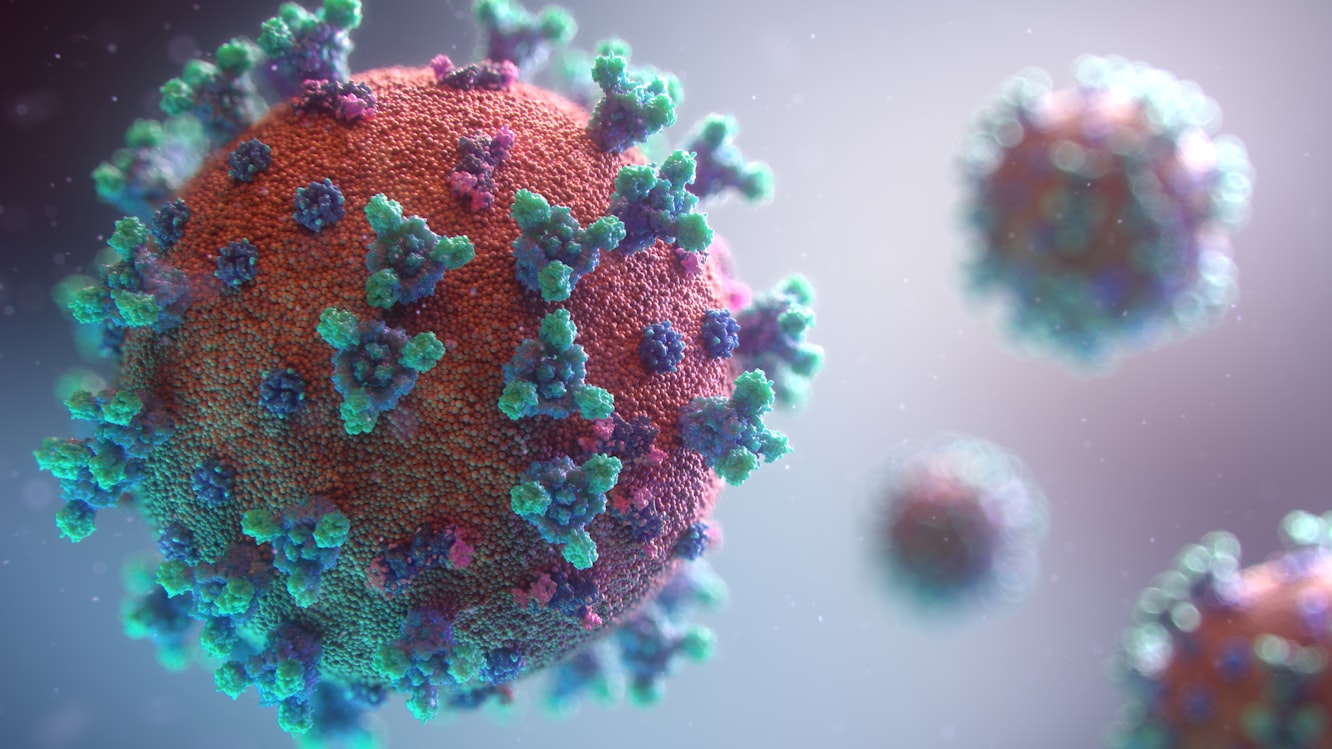Understanding and treating infections caused by the biodefence pathogens
Stage in GSE Lifecyle
Primary stage : Evaluate
Related stage(s) : Build Capability
The Microbiology and Aerosol Science (MAS) Group of the Defence Science and Technology Laboratory (Dstl) performs the high containment microbiological research required to enable a better understanding of the biodefence pathogens, and how, the infections they cause, can be treated.
Our group aims to understand and mitigate the hazards arising from pathogens and improve the current military capability to counter pathogenic microorganisms. We need to have an understanding of the pathogen to understand the effectiveness of such measures. In recent years, scientists within the MAS group have been involved in understanding the Ebola and SARS CoV-2 viruses, specifically how these pathogens establish infections, survive on surfaces, and their stability within an aerosol - essentially their “infectivity”. Due to the lab-based skills of the group, many scientists have undertaken deployments with the UK Health Security Agency (UKHSA) to both Sierra Leone (to help with the Ebola 2014-2015) and to NHS laboratories to aid with COVID-19 screening. This led to the production of multiple peer reviewed publications, CSA commendations and the Ebola medal for service in West Africa.

Computer model of the SARS CoV-2 virus, commonly known as 'COVID-19'.
Team
Microbiology and Aerosol Science (MAS), Chemical, Biological and Radiological (CBR) Division
Department(s)
Defence Science and Technology Laboratory (Dstl)
Ministry of Defence (MoD)
Contact Details
Email : gchoules@dstl.gov.uk
Description
The MAS Group supports the UKs defence against the biodefence pathogens through the development of medical countermeasures and diagnostics, in addition to the assessment of the hazard posed by these biological agents and the understanding of their effects on a host.